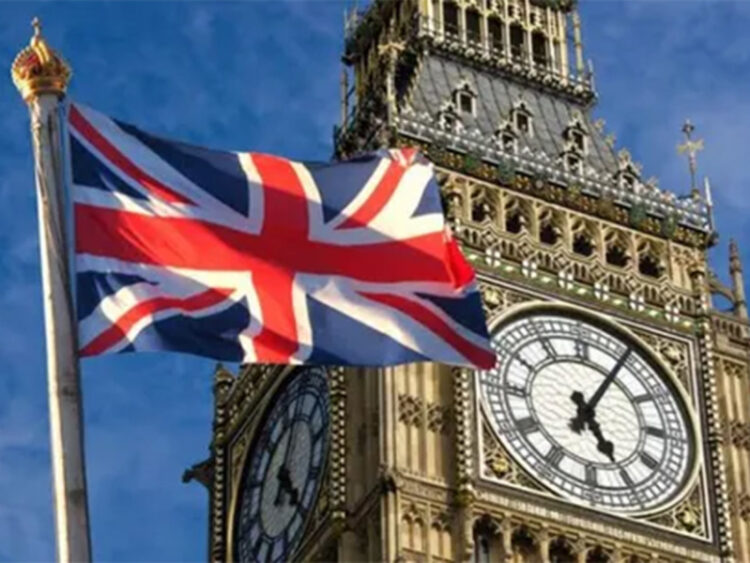Publisher: Maaal International Media Company
License: 465734
The Guardian: UK companies are reluctant to hire amid rising costs
The latest UK labour market and employment survey conducted by specialists showed a continued significant decline in the number of people hired for permanent and temporary jobs in February, although employment fell at a slower pace than in January, according to the British newspaper The Guardian.
Such surveys come before the release of official statistics as preliminary data to determine current trends in the labour market, such as changes in demand for certain industries or jobs or the challenges faced by job seekers, which helps improve understanding of the current picture of the labour market.
The British newspaper explained that the survey is a joint survey conducted by the consulting firm KPMG and the British employment confederation REC, indicating that companies are placing restrictions on hiring new employees amid a “weak” economic outlook and rising wage bills.
اقرأ المزيد
According to the recent survey, more workers have lost their jobs, which has led to an increase in the number of job seekers and reduced pressure on wages in general. Basic salaries rose at their weakest pace in four years.
This came as a separate survey showed unemployment rates rose, with companies bracing for higher labour costs in April, leading to the employment index of business consultancy and accountancy firm BDO, one of the leading international audit, accounting and consulting firms, falling to levels not seen since the aftermath of the global financial crisis. Business optimism fell for the fifth time in a row, according to the Guardian.
The newspaper pointed out that the planned increase by the British Chancellor of the Exchequer, Rachel Reeves, of £25bn in employers’ national insurance contributions and a 6.7% increase in the minimum wage will come into effect from April.
It quoted Neil Carberry, chief executive of the Employment Confederation: “After a long winter, there are some signs of a shift in the labour market as we head into spring. This shift is being led by the private sector – despite recent tax increases – and we should not lose sight of this shift.” Carberry added that for now, things are still slow, with businesses holding their breath in the face of significant cost increases from April with changes to National Insurance and the National Living Wage.
Business leaders have previously warned that Reeves’s Autumn Budget has added to the economic challenges, arguing that a £25bn increase in employers’ National Insurance contributions will force them to cut jobs or raise prices.
John Holt, group chief executive and senior partner at KPMG UK, told the paper that many firms were still taking a “wait-and-see approach to hiring”.
He added that the less severe fall in hiring seen in February “may be a sign that expectations of further interest rate cuts and recent better-than-expected economic data are beginning to ease some of the pressure on businesses”.
The paper quoted BDO as saying that the last time businesses reported feeling a similar lack of confidence was in January 2021, when they were struggling with the Covid lockdowns. BDO’s monthly business trends report showed that UK business output fell for a second month in a row in February, which it said pointed to a slowdown in overall UK economic activity, despite the resilience of the services sector. The firm said the overall slowdown in UK economic activity was expected to continue for the rest of the year.








